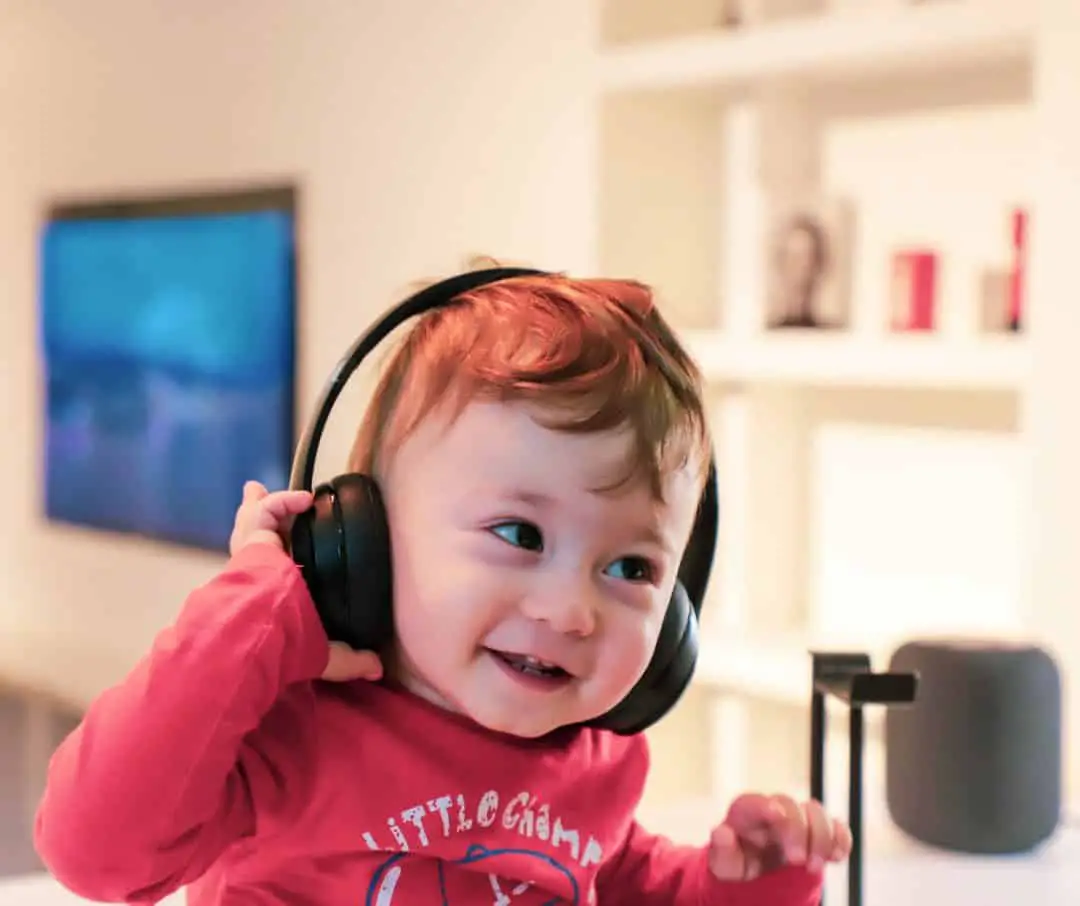As time goes on, music is becoming essential in society, especially in education. There is a lot of evidence proving that listening to music significantly affects the development of our brain.
During our childhood years, our ears are sensitive to the sounds in the environment. Thus, our brains are also widely open to growth and development.
Teenagers who used to listen to sounds and music have a higher intelligence quotient (IQ). As a result, this helps children and teenagers to have better performance in school and improve their memory development.
Music is also believed to help us develop our mathematical skills, reading skills, and verbal memory. Beyond that, listening to the right kind of sound can also improve our concentration and attention.
Music for Brain Power

The ability of our brain to process things needs some exercise. We cannot build lean muscles if we do not do regular workouts. The same concept also goes to brainpower.
Neural plasticity is the process where our experiences change our brain since our brain is just like plastic that can be easily reshaped. EEG (Electroencephalogram) or MRI (Magnetic Resonance Imaging) are two of the brain-imaging techniques used by experts to determine the neural plasticity of a person. Through this, scientists can determine how music affects the way our brain works.
According to studies, the parts of the brain of a professional musician, including the motor (movement), visual (sight), and auditory (hearing), are specialized. The specialization does not only cover the size of the brain but also how it processes information and sounds.
In line with that, science confirms that listening to music is more than just a form of entertaining ourselves. Music became an essential aspect of our lives, especially in learning.
The following are some of the essential things happening in our brain every time we listen to music.
Auditory
After numerous musical training, the auditory part of our brain can undertake sounds more efficiently. When our brain processes sound, we can determine even the slightest difference in the sound frequency. As a result, we can hear both sounds and speech easier.
Socio-Emotional Awareness
Listening to music with someone can also improve our socio-emotional awareness. Socio-emotional awareness is our ability to constructively express, identify, and manage our feelings, thoughts, and emotions. One example of this is that people are believed to have positive connections or interactions with someone they usually listen to music with.
Reading
According to numerous studies, higher reading scores and improved musical ability are related to each other. This means that there is a connection between our ability to hear speech and our ability to write words or letters from the sounds.
Motor
The parts of our brains that are responsible for controlling instrument-related body parts and muscles, including the mouth and fingers, can increase their size. This is because these areas have more neurons that are responsible for fine-tuning muscle movement.
Music in Cognition

Brain waves are affected by sound waves. This connection helps us to improve our intelligence. This could result in improved performance in work, school, or in any environment.
In other words, exposing ourselves to musical compositions and sounds is a way of kindling our brain waves for improved intelligence. Some studies claim that musicians can effectively use their right and left brains, especially when receiving and processing information.
A musician or someone studying music is believed to process details better than others effectively. This also has a positive effect on their Intelligent Quotient level.
Even though experts are still looking for effective methods to prove the significant impact of listening to music on our IQ, many believe that sound and music directly affect one’s intelligence and memory. With that in mind, we can say that music and sounds should be one of the features that every person should not eradicate in his life.
Learning an Instrument

Lots of studies have proved that the level of grey matter in a brain of a person who listens to music or learning a musical instrument is higher than those who don’t. In addition, someone who does not learn how to play an instrument has a slower brain stem response to music than someone who does.
Learning how to play a musical instrument requires someone to acquire several skills, including motor, listening, memory, and a lot more.
Aside from that, playing an instrument could also improve someone’s commitment, attention span, and focus. Studies also claim that a person who knows how to play an instrument has improved mathematical and verbal skills. With all that in mind, we can say that knowing how to play an instrument has a direct effect on someone’s IQ level.
Conclusion: A Lifetime of Music
We cannot deny the fact that music is one of the ways we can do to display our real identity. Most of you would think that playing an instrument, listening to music, or singing a song is just a common activity that can be performed by anyone. But only a few know the benefits of music to a person’s brain development and memory retention.
So, if you are asking if music can increase someone’s IQ, the answer is yes. There are lots of clinical studies stating that music can indeed improve our IQ. But this does not mean we should rely on music to improve our intelligence level.
Listening to music can improve our auditory skills. The Mozart Effect is one of the most known effects that music can bring to someone. The Mozart Effect claims that hearing Mozart’s music can improve a person’s brain capacity, reduce blood pressure, and enhance our mood.
A lot of studies also claimed that aside from uplifting our mood, music can also enhance one’s spatial and visual learning. Music is also designed to help someone become aware of his/her environment and more alert.
To sum up, music can improve someone’s IQ. But music alone is not enough to enhance a person’s brain development. Instead, it requires hard work, persistence, and perseverance to study.
